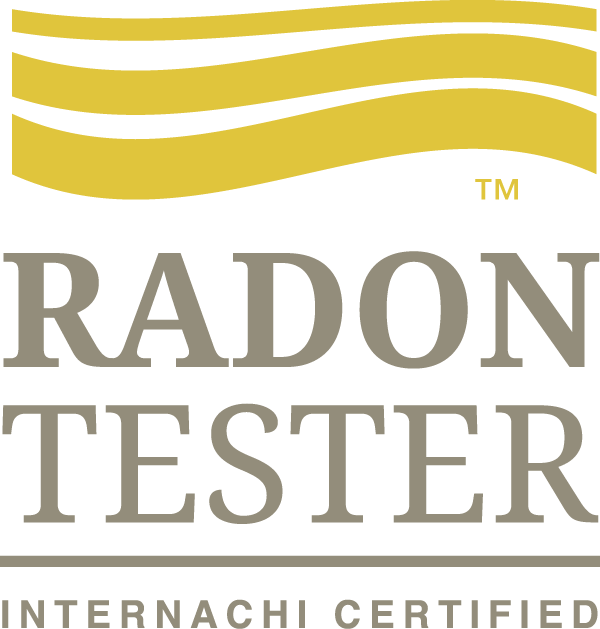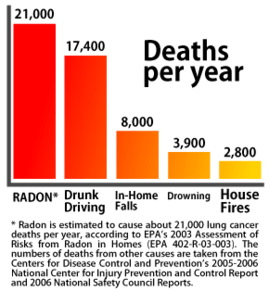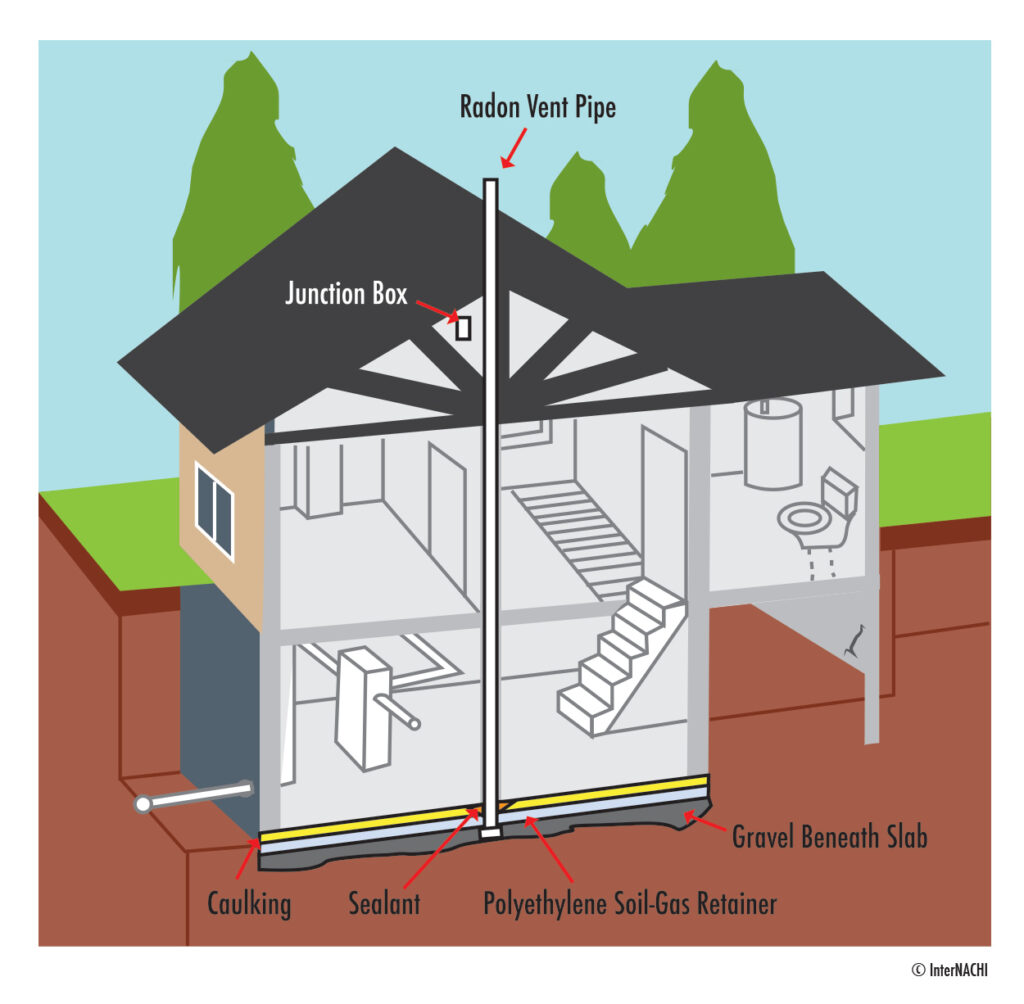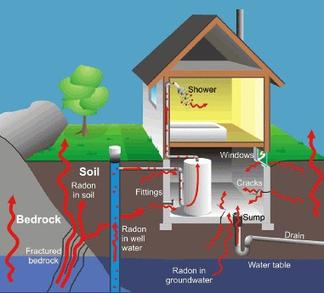
How to Test Your Home for Radon
Radon is an odorless, colorless, and tasteless gas that, according to EPA, is present in the environment – indoors and outside. It is a radioactive gas that can cause lung cancer over time. At Mack Property Inspections, LLC, we offer Radon Testing Services as an additional service to our home inspection in Simpsonville, SC. Here is what you need to know about radon, its danger, how to test for radon, and reduce radon levels in your home. Schedule your radon test today!
What is Radon?
Radon is a radioactive, colorless, odorless, and tasteless gas that comes from the natural breakdown of uranium in soil, rock, and water. It can be in the air you breathe and enter your home through cracks, gaps, and other holes in the foundation.
Dangers of Radon

Radon is a health hazard and is considered the second leading cause of lung cancer, next to cigarette smoking. Since it is colorless and odorless, it’s hard to detect until a radon test is done. Radon is called a silent killer. Many homeowners have no idea how toxic this gas is. Studies show a correlation between breathing high concentrations of radon and lung cancer. According to who? Smokers are more susceptible to lung cancer due to the synergistic effects of both radon inhalation and smoking. A person who never smoked but is exposed to 1.3 pCi/L has a 2 in 1000 chance of lung cancer while a smoker has a 20 in 1,000 chance of dying from this disease.
Radon also produces radioactive decay products called radon daughters or radon progeny. These decay products are robust and stick to surfaces as dust particles that can easily be inhaled. Inhalation of contaminated dust can also cause lung cancer.
You can’t see or smell radon. Testing is the only way to know your levels. Radon poisoning may be one of the reasons why your house could be making you sick.

How Does Radon Enter Your Home?
Radon gas can seep through cracks and other holes in the foundation pores in concrete, and gaps in walls and floors. Common ways for radon to enter your home are as follows:
- Cracks in the floors
- Construction joints
- Gaps in suspended floors
- Service pipes gaps
- Cavities inside walls
- Water supply
- Cracks and holes in your foundation
Radon Testing
The EPA also recommends that you should “consider taking action” when the radon level exceeds 1.9 pCi/L. Radon levels between 2.0 pCi/L and 4.0 pCi/l also carry some risk over long-term exposure. Lowering the radon level greatly reduces the risk of lung cancer.
Any radon levels over the EPA established 4.0 pCi/L are recommended to take corrective measures ie: installing radon mitigation which reduces the radon gas concentrations in the home. Just because the home has elevated radon levels doesn’t mean it’s a bad home: it just means the radon needs to be managed and reduced to acceptable levels with mitigation.
Radon is a health risk, and the only way to know if the home has elevated levels of radon gas is to have a test done. So take action and test.

Radon tests should be conducted away from drafts, high heat, and high humidity in a regularly used room on the lowest level in the home used as living space, or in radon-testing lingo: test the lowest habitable space. Short-term radon tests last 2 to 90 days, and long-term tests run for up to a year. Because radon levels vary daily and seasonally, longer test periods are better indicators of the average level. However, if two short-term tests yield an average result greater than 4 pCi/L, the EPA recommends taking steps to lower the level to 2 pCi/L or lower.
Radon testing services to include a 2-6 business day drop/pick up/lab result turnaround.
As a new home inspector, I reached out to Scott seeking mentorship, and the information that he gave to me was invaluable, and I appreciate his effort for that. He has outstanding knowledge, and he operates his business very well. I highly recommend using his services. – Hud Malik
Call us at (864)960-1689 if you need a radon test in Spartanburg, Simpsonville, or Laurens!
Schedule your Radon Testing in Greenville, SC today!

Boasting over 20-years of top performance in the trades and radon testing, Scott Mack and his team of professionals employ their extensive knowledge of the industry following the IAC2 standards of practice for Radon Testing. Our certified radon testers at Mack Property Inspections aim to provide quality services with your best interests in mind so that knowing your current radon levels can put you in a more informed position.
Schedule your Radon Testing in Greenville, SC today!
We stand for genuine care for your safety and peace of mind. Mack Property Inspections.
